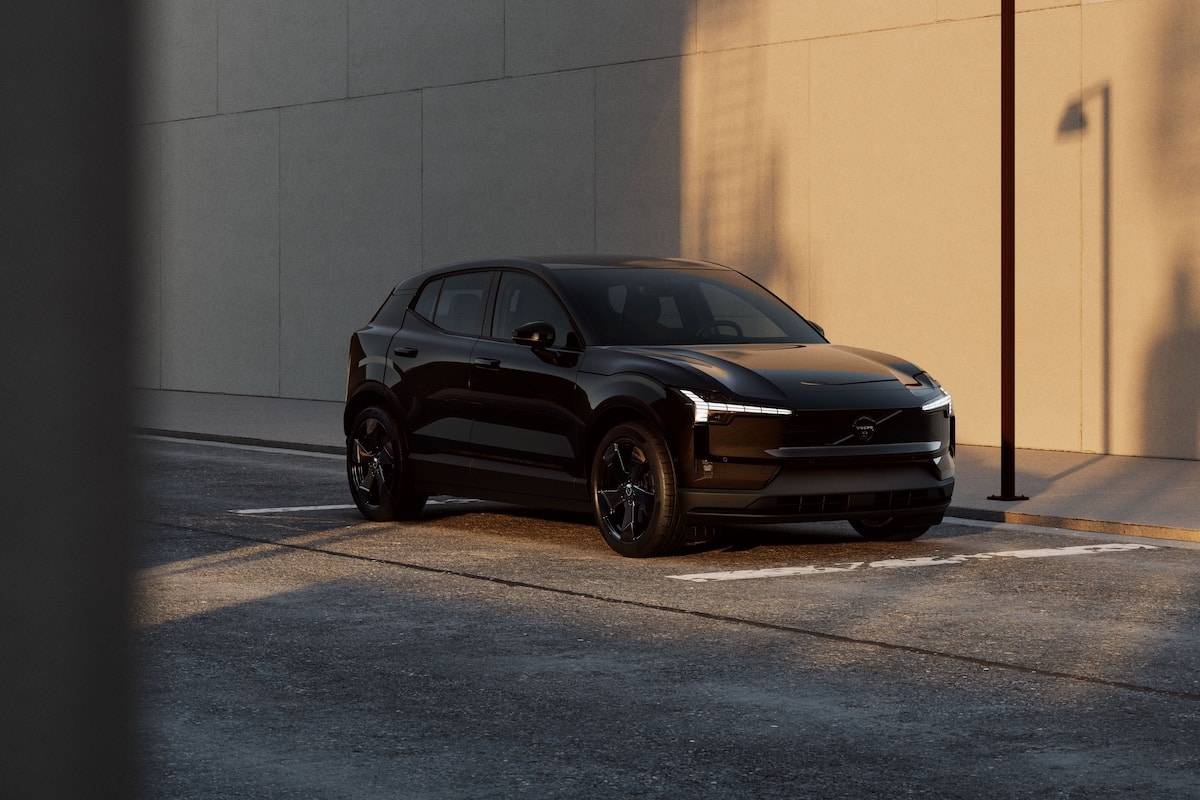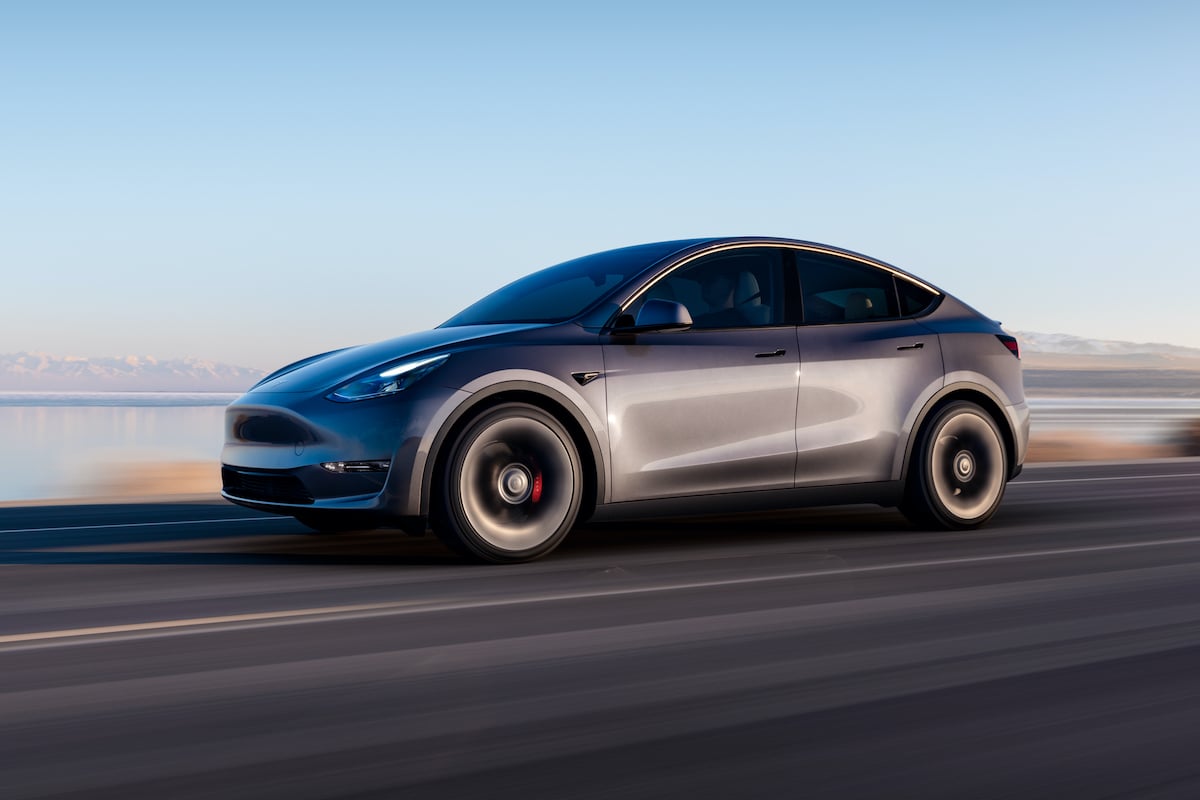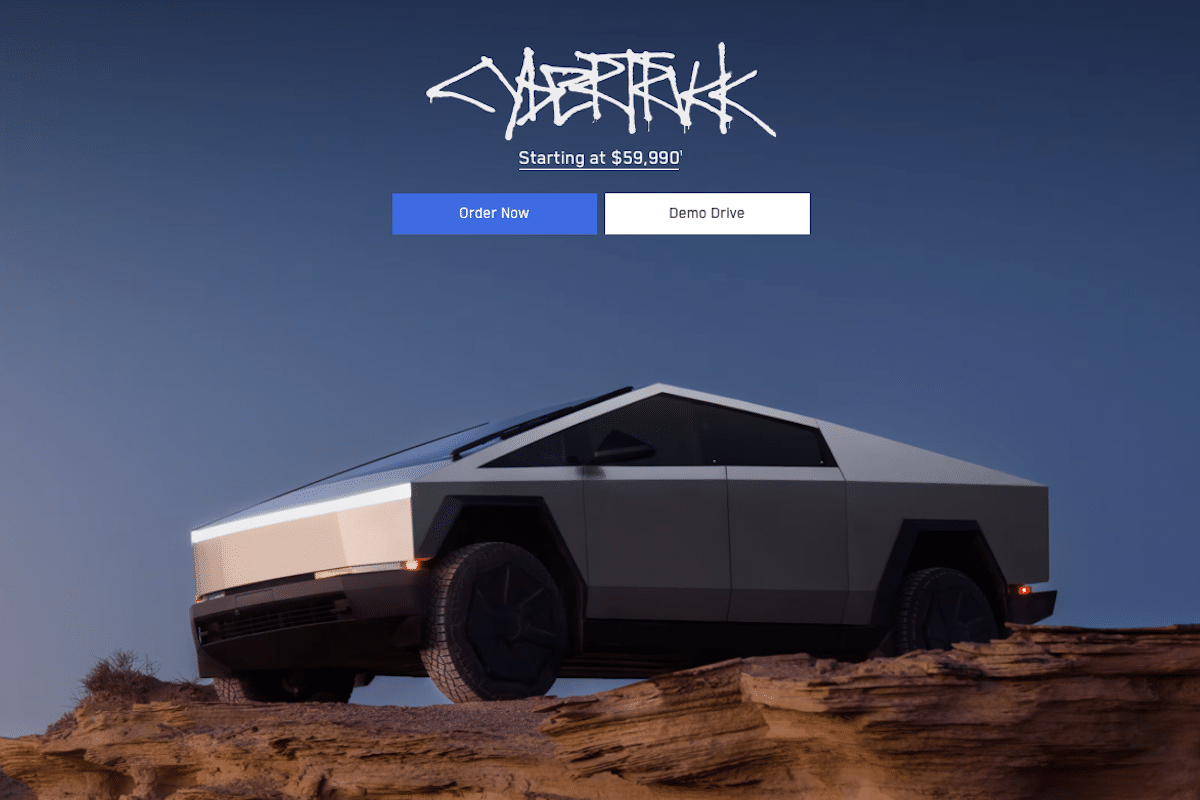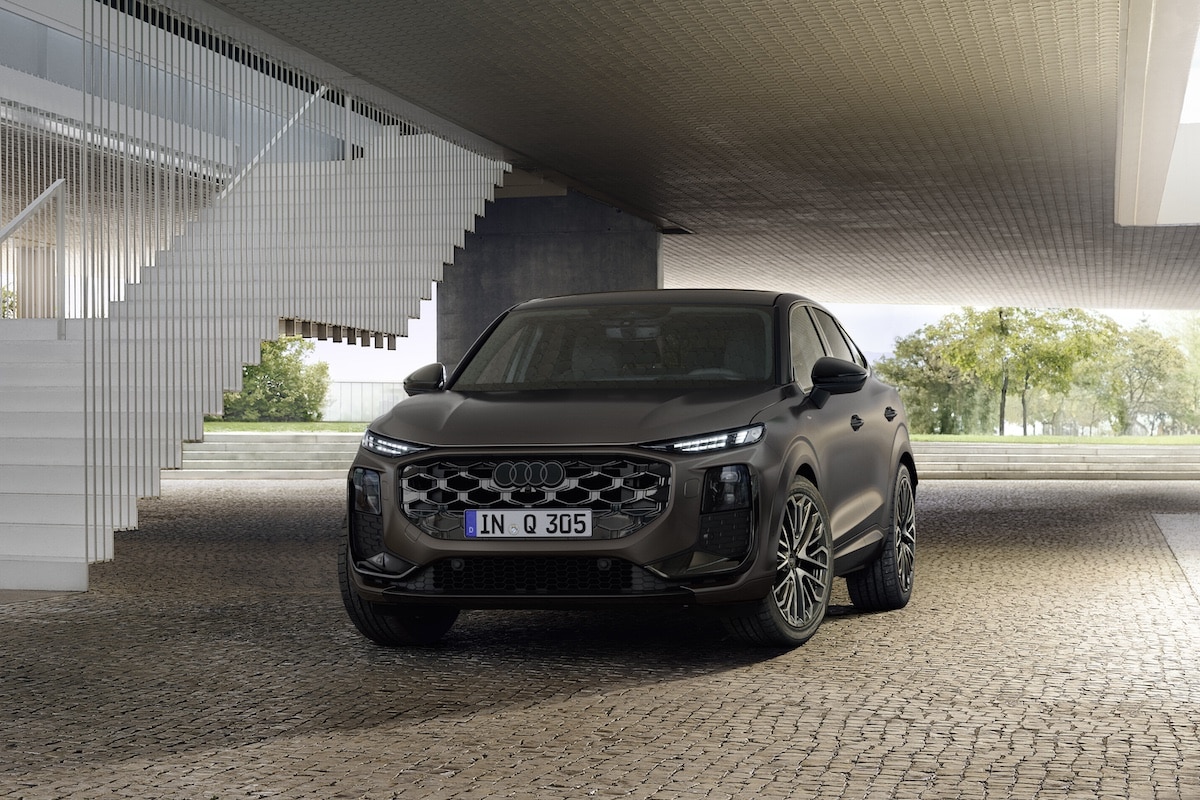Cybersecurity: Chinese Cars and the TikTok Syndrome
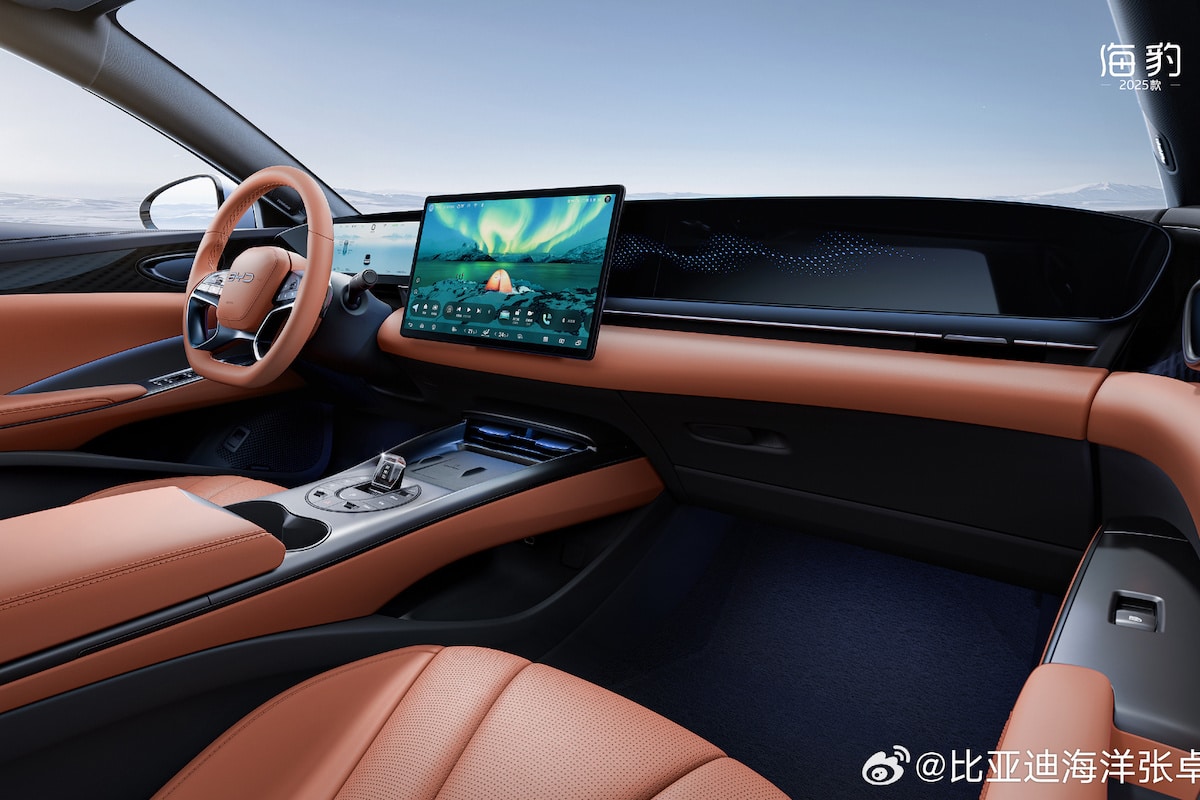
The United States and Canada are considering banning the sale of cars with software that may have been developed in China.
Protectionism takes various forms across the Atlantic, but this new information is of extreme importance. Indeed, following the United States, Canada is considering banning Chinese software in vehicles, citing national cybersecurity and unfair competition concerns. Fears revolve around the possibility of espionage or cyberattacks through these technologies, especially in connected and electric vehicles. This fits into a broader trend, often referred to as the “TikTok syndrome,” where several countries fear data exploitation by Chinese companies. In Europe as well, many leaders have been forced to remove the app from their smartphones, as was the case in the European Parliament in 2023. Similar to TikTok, vehicles equipped with Chinese software could pose a threat to data sovereignty and the integrity of critical infrastructures. Even more so in the United States where militarization is significant. Any information captured during a military or high-ranking official’s car ride would be crucial. And in a country where the military numbers in the millions, including active duty, reservists, and veterans, the likelihood of information leaks is enormous.
A brake on invasion?
These bans do not only pertain to national cybersecurity but also to the protection of local industries against Chinese overproduction, facilitated by substantial state subsidies. This perceived unfair competition threatens key sectors in Canada, like the automotive industry, prompting the government to take tariff measures and consider bans similar to those in the United States where tariffs have risen to 100% (compared to an average of 30% in Europe). Canada, already engaged in trade tensions with China, views this situation as an extension of protectionist practices aimed at defending its industrial and economic interests.
Thus, the decisions being contemplated regarding Chinese software in vehicles and applications like TikTok respond to major strategic issues where security, digital sovereignty, and economic competitiveness are at stake.
China is expected to retaliate by banning American vehicles and software, with the primary target being obviously Tesla, which produces in Shanghai for the entire Asian basin, but not only. What a wonderful world…
ALSO READ: Tesla Model Y: its price rises to €40,990 after bonus
This page is translated from the original post "Cybersécurité : les voitures chinoises et le syndrome TikTok" in French.
We also suggestthese articles:
Also read
